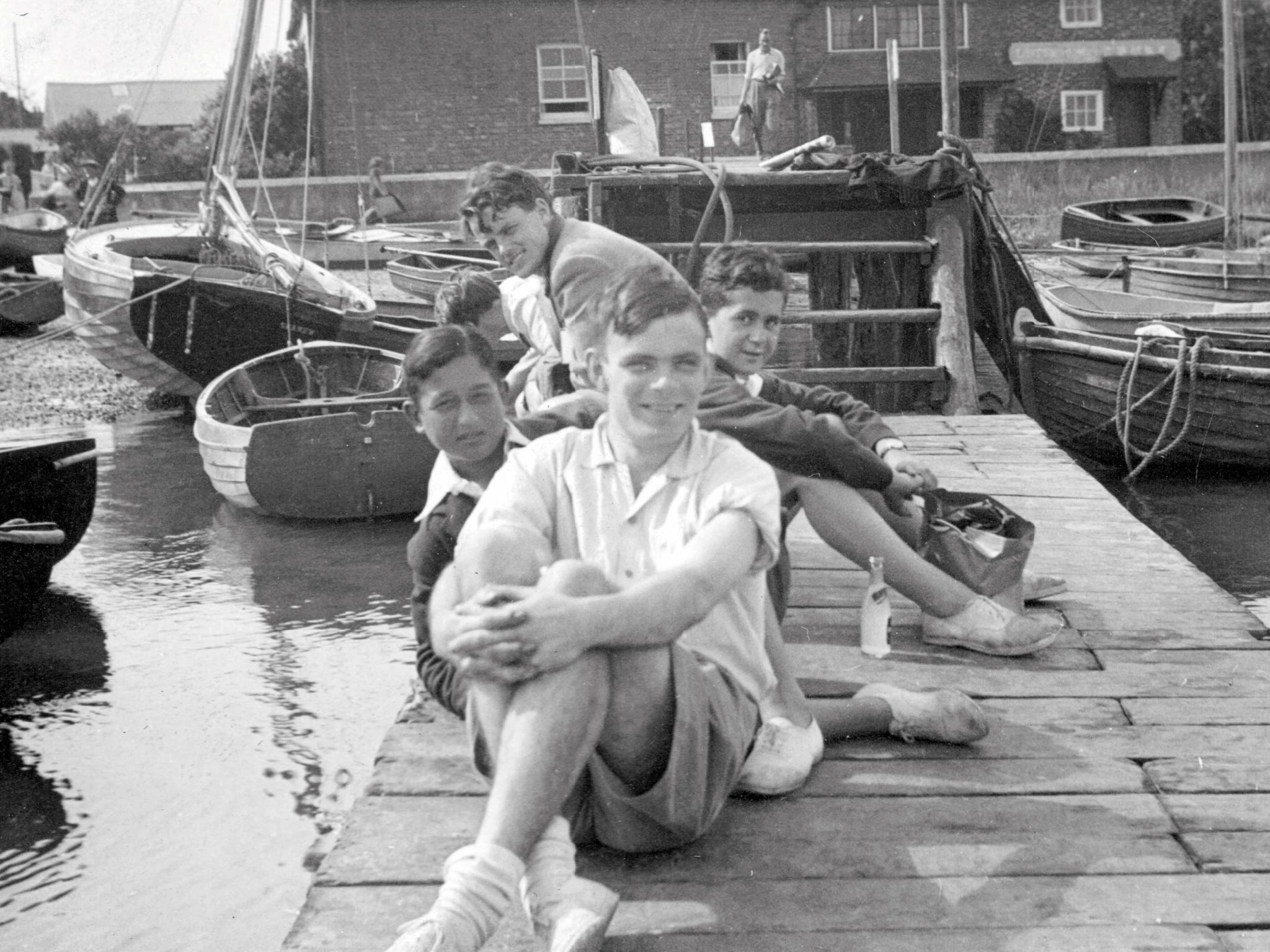I was forced to police the sex lives of gay men like me – the Alan Turing Law won't make me forget that
Until very recently the police saw the LGBT community as one of its enemies. Gay murders weren’t properly investigated and raids on toilets, bars and saunas were the norm


Theresa May has confirmed that she is committed to introducing the 'Alan Turing Law' and, with it, pardoning all gay men previously convicted of any “gross indecency” which would not be considered a crime today. This is a positive step taken in memory of the Enigma code breaker, the man responsible for decrypting Nazi messages and who was granted a posthumous Royal pardon for his conviction. In celebrating this new law, however, let’s not erase our LGBT history.
As a gay man and former Manchester police detective, the city where Turing was charged, I can’t help but remember it wasn’t that long ago that I was responsible for policing the sex lives of other gay men like me. It was only two years after I joined the Police that the Labour Government repealed the 1956 Sexual Offences Act, which discriminated against gay men by listing an offence of ‘buggery’. The punishment for having anal sex with another consenting adult had earlier been reduced – from hanging to life imprisonment.
It’s strange and poignant to remember that I’ve lived under and enforced such anti-gay laws. Don’t listen to those who reject the need for a period of pardoning. Until very recently, it was the daily life of the gay man that was criminalised.
Times have changed and although we should forgive, we should never forget our history. I will always be grateful for the likes of Turing, who made the path easier for me.
When I speak to older gay men, there is still anger within them with regards to how the police and the law in general treated them for so long. Prior to the repeal of the 1956 Sexual Offences Act, in 2003, the police saw the LGBT community as one of its enemies. Gay murders weren’t properly investigated; raids on toilets, bars and saunas were the norm.
I was a gay police officer in an organisation that was hostile to men like me, and who targeted them. In 1989, the number of convictions for the consensual gay sex offence of “gross indecency” was higher than it was in 1966 – a time when male homosexuality was still entirely illegal in Britain.
Coming out as gay in the police wasn’t easy either. At the start of the century, we used to hatch plans about how to come out. There weren’t any all-singing all-dancing pride parades, in which the police had won the hearts and minds of the LGBT community and walked hand-in-hand in uniform. It was tough being a gay cop, policing other gay men, especially given the homophobia that was widespread in the force.
Marriage equality does not mean that it’s easy to be gay in Britain today. The legacy of the past is still with us.
Theresa May’s Government introducing an Alan Turing Law is effectively an apology to gay men, with the Ministry of Justice adding they will “now find the right legislative vehicle to push this through” – and about time too. Being gay should never have been a crime, but we can’t change history. We can, however, remember it, so acts of discrimination never take place again for simply being yourself.


Join our commenting forum
Join thought-provoking conversations, follow other Independent readers and see their replies